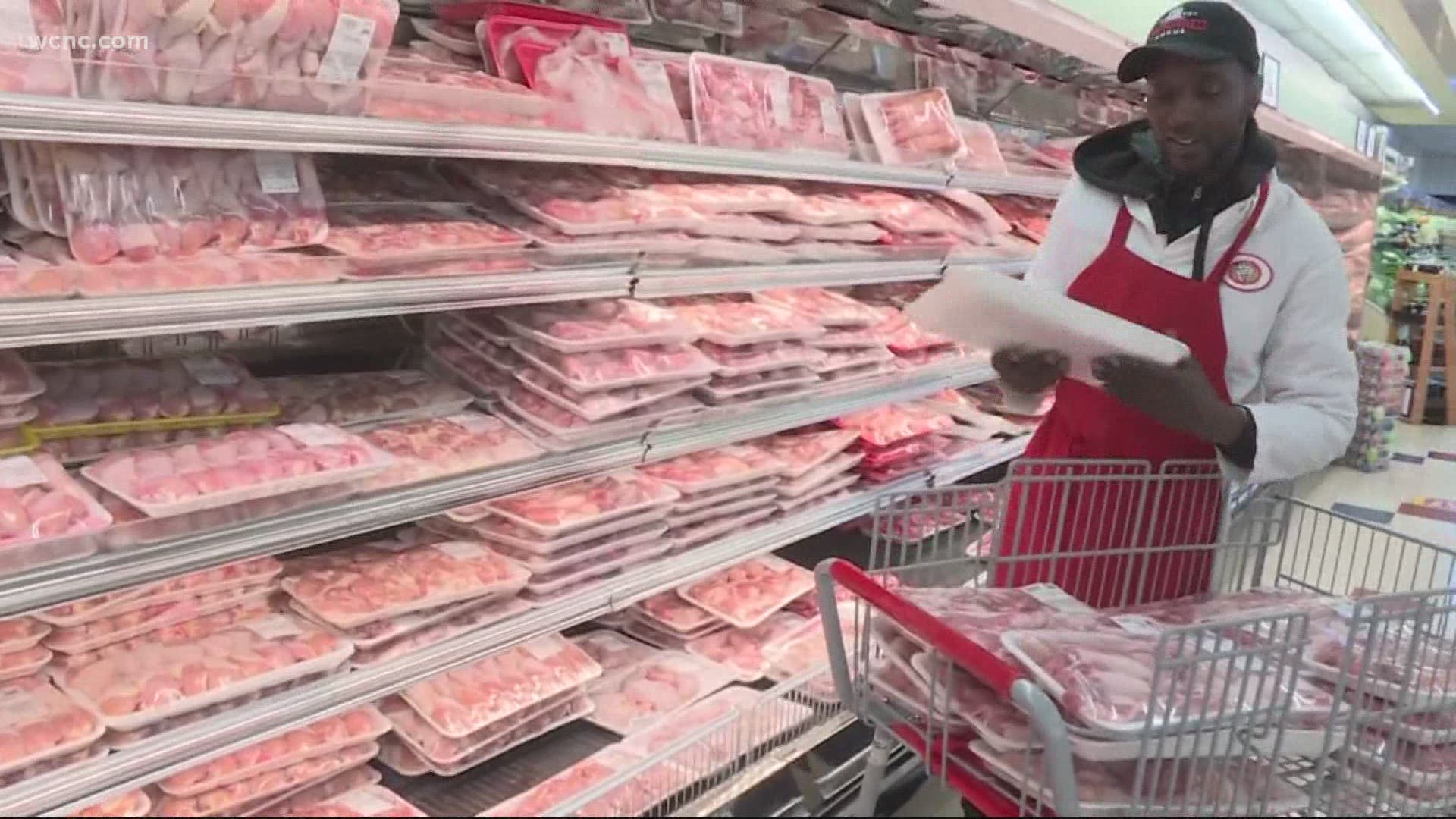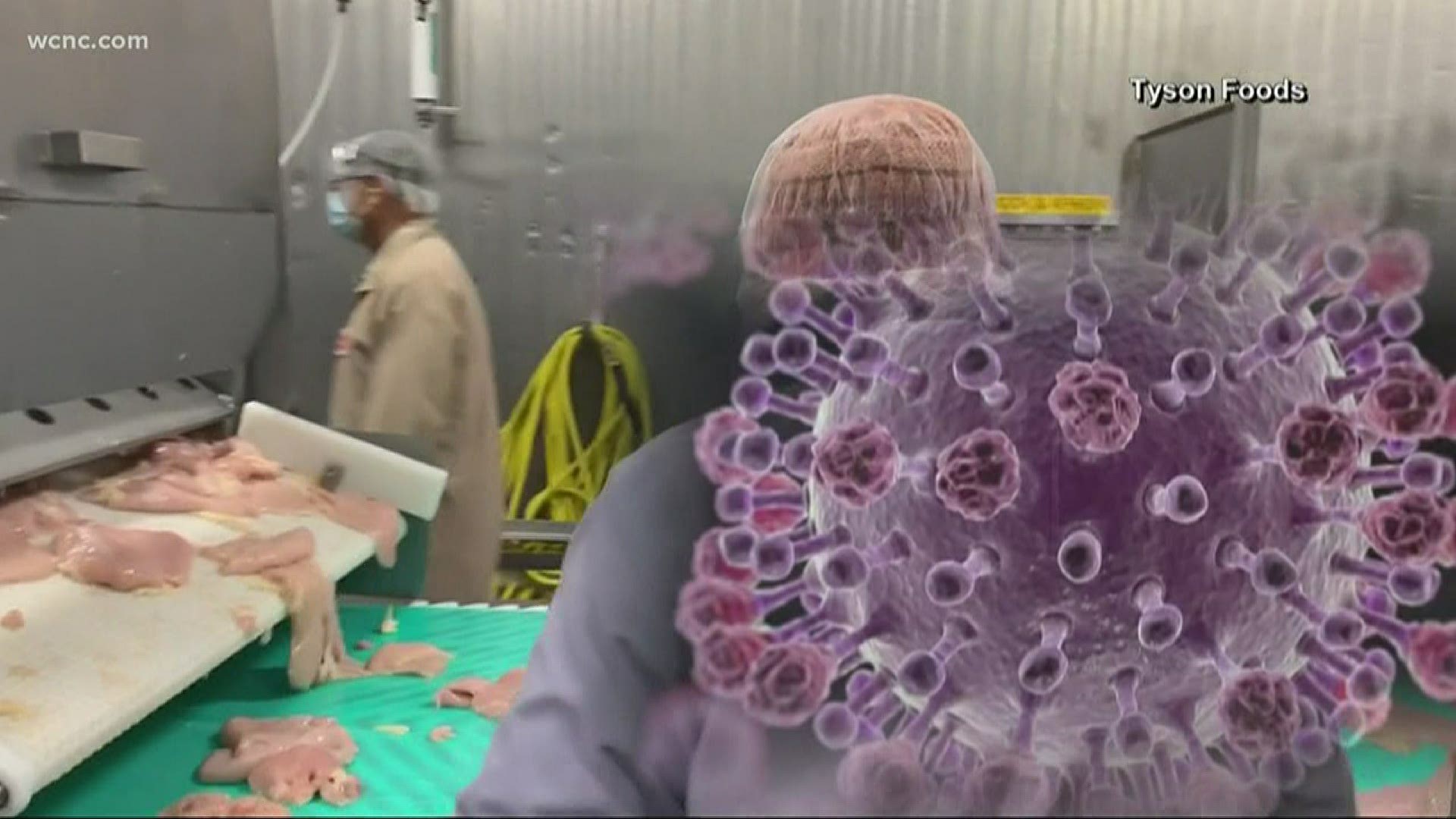COVID-19 has caused processing plants across the country to slow production or completely shut down as workers began getting infected.
The latest product victims, North Carolina.
Reduced processing has forced 1.5 million chickens to be euthanized because of the backlog of chickens at the farm level.
Across the country, we've seen vegetables buried and milk flowing to the ground because of processing and demand changes brought on by the coronavirus
"Euthanasia like that is a last resort for anyone. But it can become necessary with disruptions in the plants, says Jonas Asbill with the North Carolina Cooperative Extension
Asbill says unfortunately, chickens don't have a long shelf life.
"The breed that we raise for meat in our country, you can't hold it for 4-5 more weeks. It's not meant to survive that long
Jessica Evans with Evans Family Farm in North Carolina says "if a farmer can't get their livestock processed in time euthanizing becomes the most humane option."
'It's not going to live a good life in those remaining 4-5 weeks. That's a hard decision you have to make as a farmer sometimes."
And a decision Asbill hopes more won't have to make as the North Carolina department of agriculture says production at processing plants in the state is currently down roughly 30-40 percent because of the coronavirus
But what does all of this mean for you?
"A lot of people are concerned about meat shortages.. but the reality is I think we are facing and will continue to face specific product shortages," said Asbill
He says between the delays and demand changes, certain cuts of meat may be harder to find.
"You may see a decrease in tenders and boneless breast.. where on the other hand you may see an increase in whole bird, leg quarters or thighs or something else that may not be necessarily as popular"
Fortunately, Asbill says though 1.5 million is an astonishing number, it's only about 10 percent of one week's production in North Carolina so prices should remain the same now. But they could increase if the industry is forced into more euthanizations.


